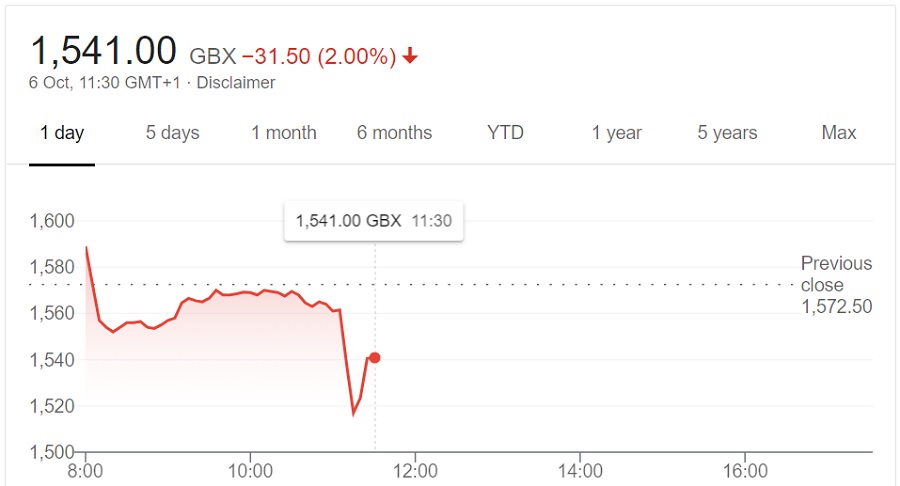In one of the first major moves it has taken since basically breaking away from coordinating retail investor rules with European financial regulator ESMA as EU-UK license passporting is coming to an end, UK regulator the FCA announced today that it is banning the sale of derivatives that reference certain types of cryptoassets to retail consumers.
The ban includes exchange traded notes (ETNs) and contracts for difference (CFDs) of cryptocurrencies.
The ban will come into effect on 6 January 2021.
In 2018 the FCA, following the lead of ESMA, limited cryptocurrency CFD leverage to 2:1 alongside a blanket reduction of allowed leverage on CFD products sold to retail traders. The FCA/ESMA initiative capped leverage that FX/CFD brokers can afford retail traders at a max 30:1 for major FX pairs and at lower levels for other CFD asset classes (non-major FX pairs, commodities, equities and equity indices) and as noted crypto. However now it is taking a step further than ESMA, and banning them altogether for retail traders.
Crypto CFD trading has become a major and fairly lucrative business for Retail FX brokers, especially around times of cryptocurrency volatility, which happens fairly frequently. The move will be a blow to those brokers, especially the ones dependent highly on a UK based retail trader base.
The FCA’s announcement, which hit the wires just after 11am UK time Tuesday, led to a quick drop in share price at a number of publicly traded Retail FX brokers including Plus500, IG Group and CMC Markets.

Plus500 share trading on the LSE, Tuesday Oct 6. Source: Google Finance.
The FCA said that it considers these products to be ill-suited for retail consumers due to the harm they pose. The regulator posted a list of reasons why these products cannot be reliably valued by retail consumers, including:
❑ inherent nature of the underlying assets, which means they have no reliable basis for valuation,
❑ prevalence of market abuse and financial crime in the secondary market (eg cyber theft),
❑ extreme volatility in cryptoasset price movements,
❑ inadequate understanding of cryptoassets by retail consumers, and
❑ lack of legitimate investment need for retail consumers to invest in these products.
These features mean retail consumers might suffer harm from sudden and unexpected losses if they invest in these products.
Unregulated transferable cryptoassets are tokens that are not ‘specified investments’ or e-money, and can be traded, which includes well-known tokens such as Bitcoin, Ether or Ripple. Specified investments are types of investment which are specified in legislation. Firms that carry out particular types of regulated activity in relation to those investments must be authorised by the FCA.
To address these harms, the FCA has made rules banning the sale, marketing and distribution to all retail consumers of any derivatives (i.e. contract for difference – CFDs, options and futures) and ETNs that reference unregulated transferable cryptoassets by firms acting in, or from, the UK.
The FCA said that it estimates that retail consumers will save around £53 million from the ban on these products.
Sheldon Mills, interim Executive Director of Strategy & Competition at the FCA, said:
‘This ban reflects how seriously we view the potential harm to retail consumers in these products. Consumer protection is paramount here.
‘Significant price volatility, combined with the inherent difficulties of valuing cryptoassets reliably, places retail consumers at a high risk of suffering losses from trading crypto-derivatives. We have evidence of this happening on a significant scale. The ban provides an appropriate level of protection.’
As noted above, the ban will come into effect on 6 January 2021. The FCA said that UK consumers should continue to be alert for crypto-derivative investment scams. As the sale of derivatives and ETNs that reference certain types of cryptoassets to retail consumers is now banned, any firm offering these services to retail consumers is likely to be a scam.